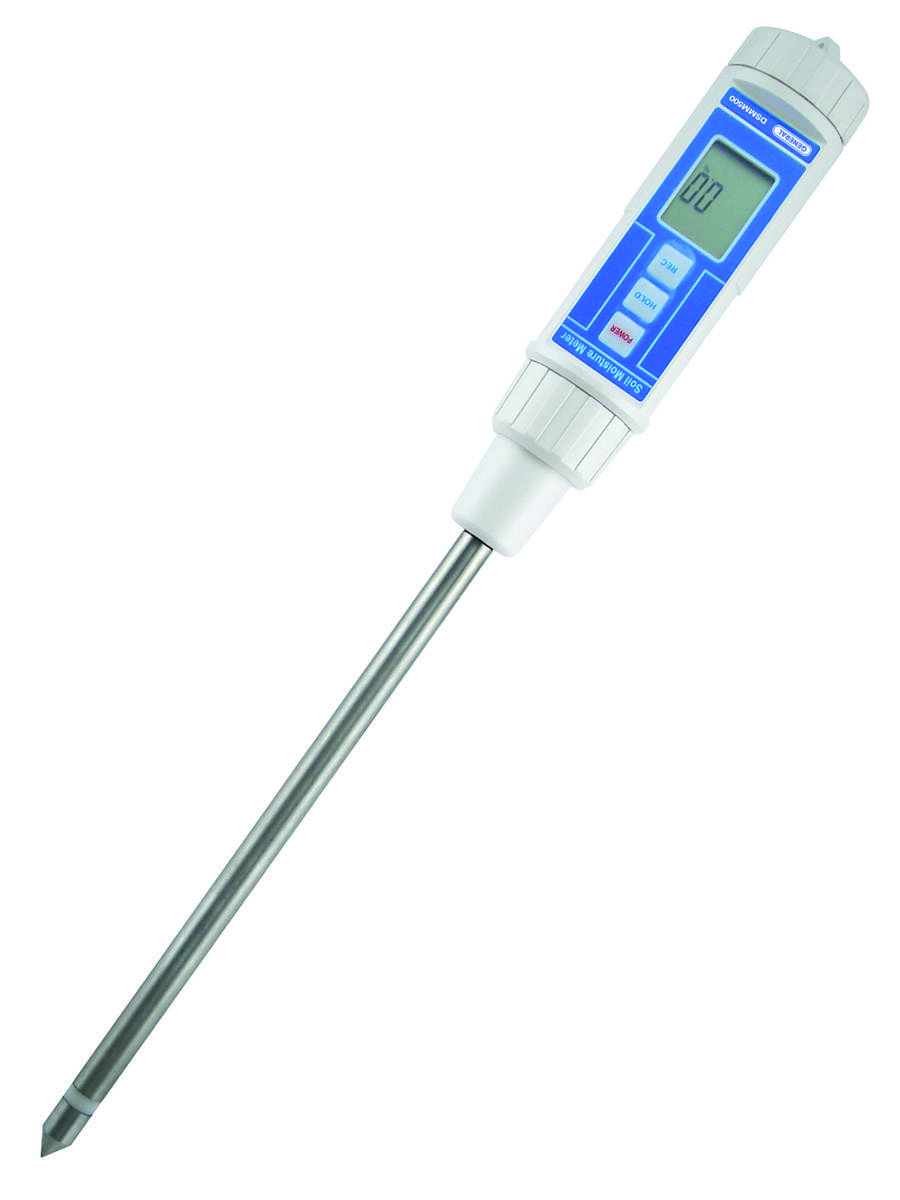The Ultimate Guide to Picking the Right Moisture Meter for Your Needs
The Ultimate Guide to Picking the Right Moisture Meter for Your Needs
Blog Article
The Ultimate Overview to Moisture Meters: A Comprehensive Review and Just How They Can Save You Cash
In the realm of building maintenance, construction, and various markets, the value of precisely determining dampness levels can not be overstated. Wetness meters function as essential tools in spotting and keeping an eye on moisture content in products, assisting in preventing costly problems and ensuring the high quality of products. Understanding the subtleties of different kinds of dampness meters, their applications, and the potential cost-saving benefits they supply can be a game-changer for services and experts alike. Finding how these devices can not just enhance processes yet also add to economic savings is a trip worth starting.
Types of Moisture Meters
Various sorts of moisture meters are readily available for various applications in numerous sectors. One common type is the pin-type moisture meter, which gauges the electric resistance between 2 pins put right into a material. This type appropriates for wood, drywall, and various other building materials. Pinless moisture meters, on the other hand, usage electromagnetic sensing unit plates to scan a larger area without creating damage to the material's surface. These meters are suitable for swiftly analyzing moisture levels in huge locations such as floors and walls.
Moreover, there are additionally specialty moisture meters made for particular products like hay, soil, or grain. These meters give exact wetness analyses tailored to the one-of-a-kind buildings of the product being checked. Infrared moisture meters measure the thermal properties of a material to identify its dampness content non-invasively, making them helpful for applications where pin or pinless meters might not appropriate. Comprehending the various sorts of moisture meters readily available can help markets pick one of the most appropriate tool for their certain dampness dimension demands.

Advantages of Utilizing Moisture Meters

Moreover, using dampness meters can cause enhanced energy efficiency. By recognizing locations with high wetness degrees, such as leakages or poor insulation, adjustments can be made to boost power conservation and minimize utility prices. In agricultural setups, wetness meters play an essential duty in enhancing plant returns by making it possible for farmers to keep an eye on soil moisture degrees and make informed irrigation choices. In general, the advantages of utilizing wetness meters extend across numerous markets, supplying cost-effective services and promoting better high quality control techniques.
How to Choose the Right Moisture Meter
Picking the ideal dampness meter includes considering crucial elements such as material compatibility, measurement variety, and calibration precision. When picking a moisture meter, it's necessary to guarantee that the meter appropriates for the specific product you will certainly be screening. Various materials weblink have differing electric residential or commercial properties that can affect moisture analyses, so picking a meter made for your product is crucial for exact results. In addition, think about the measurement series of the wetness meter. Make sure that the meter can find wetness levels within the array needed for your applications. Calibration precision is another vital aspect to remember (Moisture Meter). Select a wetness meter with reputable calibration to guarantee consistent and exact analyses. Some meters might need regular calibration changes, so comprehending the calibration procedure is important. By meticulously examining these variables, you can choose a wetness meter that meets your demands and offers precise dampness measurements for your projects.
Correct Techniques for Moisture Meter Usage
To make sure precise wetness readings and make best use of the performance of have a peek here a dampness meter, utilizing correct strategies is essential. When making use of a pin-type dampness meter, put the pins or probes right into the material being evaluated up until they make complete call. By following these appropriate strategies, customers can rely on their wetness meter to supply reliable dampness levels, aiding in avoiding expensive damages or making certain top quality in different applications.

Expense Financial Savings Via Moisture Meter Applications
Exactly how can the critical application of dampness meters result in significant price financial savings throughout different sectors? Wetness meters play a critical role in price savings by protecting against prospective damage and ensuring high quality control in different fields. In the farming market, dampness meters aid in identifying the ideal time for harvesting plants, protecting against excess or over-drying wetness that can influence the end product's quality. This specific surveillance aids farmers prevent unneeded losses and optimize their yield.

Moreover, in the food handling industry, moisture meters are crucial for monitoring item top quality and making certain compliance with safety regulations. By his comment is here accurately measuring moisture content in food, manufacturers can avoid putridity, keep freshness, and reduce waste, resulting in considerable price financial savings. Generally, the calculated application of wetness meters is a useful financial investment that can result in considerable cost decreases and enhanced performance throughout different sectors.
Final Thought
In conclusion, moisture meters are useful devices for gauging and discovering wetness degrees in various products. By making use of the right moisture meter and following correct methods, users can properly avoid pricey damages triggered by excess wetness.
Dampness meters serve as crucial tools in spotting and checking moisture web content in materials, helping in protecting against expensive damages and ensuring the quality of items. Infrared dampness meters determine the thermal homes of a material to identify its moisture content non-invasively, making them beneficial for applications where pin or pinless meters may not be ideal.Moisture meters offer invaluable benefits in precisely keeping an eye on and analyzing moisture levels in varied products and environments. In agricultural settings, moisture meters play a critical role in enhancing crop yields by allowing farmers to check dirt dampness degrees and make informed irrigation choices.In final thought, moisture meters are beneficial tools for detecting and determining moisture degrees in various products.
Report this page